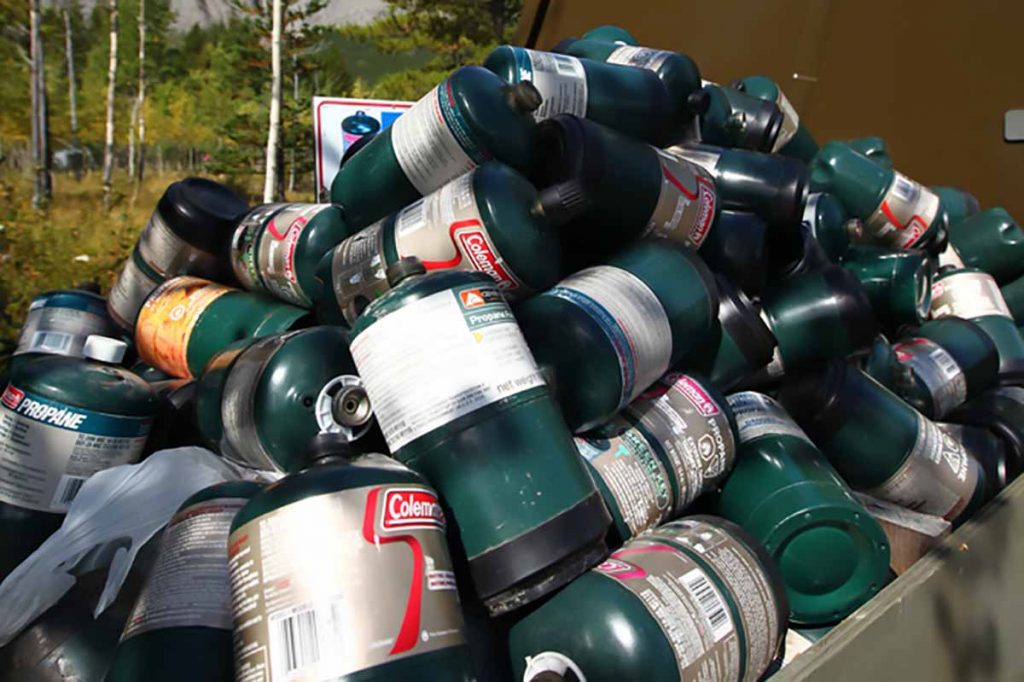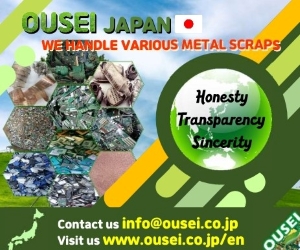
British Columbia will include fuel canisters in the province’s EPR program in the coming years. | Timothy Yue / Shutterstock
The British Columbia government released a five-year plan for adding mattresses, electric vehicle batteries, fuel canisters and other materials into the province’s extended producer responsibility law.
The British Columbia Ministry of Environment and Climate Change Strategy recently released the extended producer responsibility (EPR) action plan for 2021-26. EPR is a policy that generally makes producers responsible for funding and/or managing the collection and recycling or disposal of their products.
The West Coast province already employs EPR for household printed paper and packaging, paint, tires, automotive oil and antifreeze, electronics, light bulbs and consumer single-use and rechargeable batteries. It also has beverage container redemption programs.
The new plan says British Columbia is expanding EPR to include hybrid and electric vehicle batteries and other battery types, mattresses and foundations, compressed canisters such as single-use camping fuel tanks and fire extinguishers, medical sharps used at home, emerging categories of consumer electronics and additional moderately hazardous products.
“Expanding the number of recyclable products will mean convenient, free collection of those products and a cleaner environment for British Columbians,” George Heyman, Minister of Environment and Climate Change Strategy, stated in a press release. “Adding to the product list will reduce the waste that’s now being sent to the landfill or illegally dumped in back alleys or green spaces. This will protect our environment and boost our economy through an increase in recycling operations and re-manufacturing.”
The new item categories listed above are in addition to an expansion of the Blue Box program already approved by the province last year. That effort includes expanding the bottle deposit program to include more drink types and adding a host of “packaging-like” and other “single-use” products to Blue Box, which is the name of the province’s residential recycling program for printed paper and packaging.
More stories about EPR/stewardship
- Canadian PROs join forces to align design guidance
- Diversion Dynamics: Policy needed to reach full charge for vape recycling
- CAA, Recology open first drop-off hard-to-recycle site



